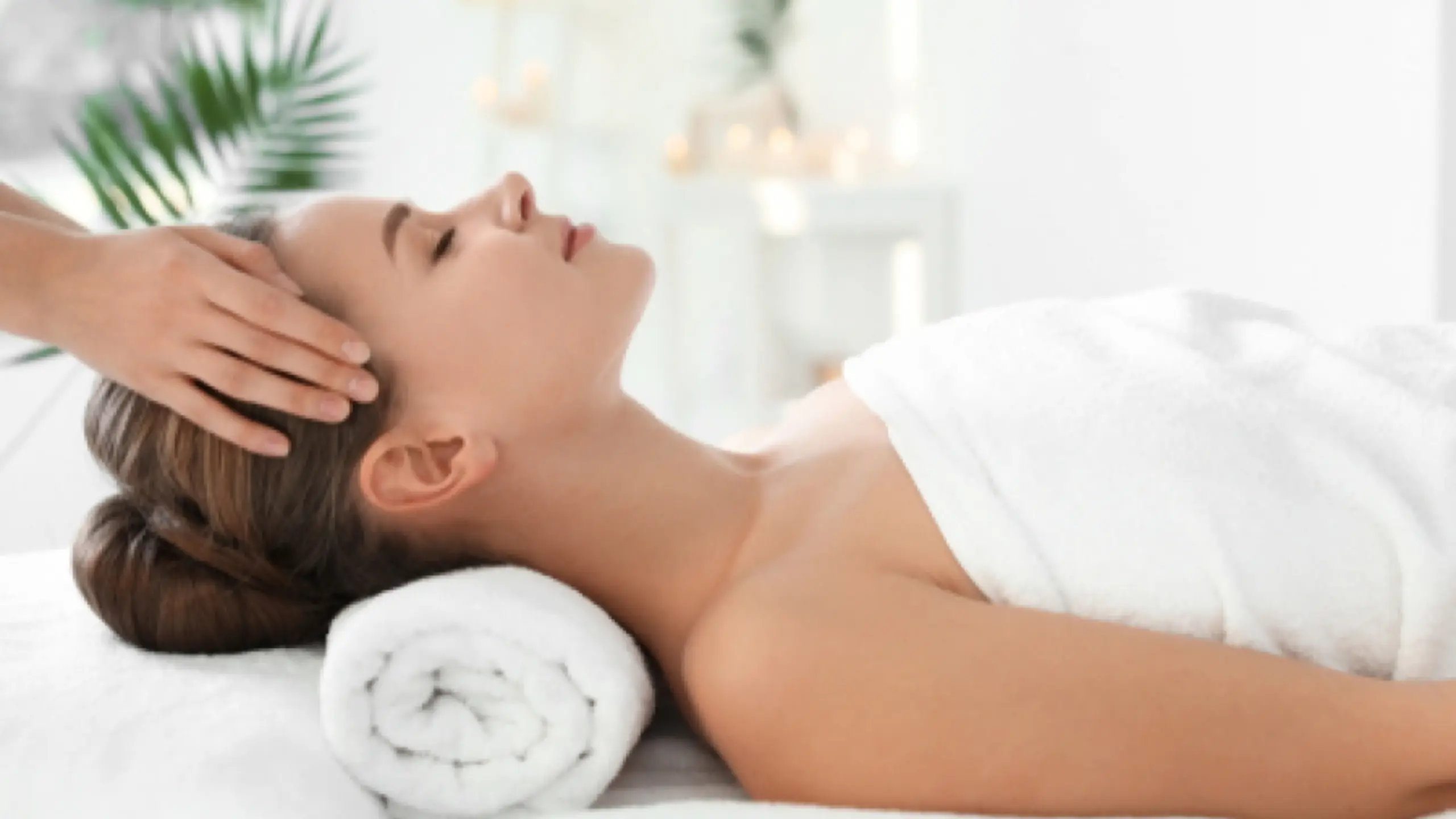An aromatherapy massage is a holistic therapy that uses essential oils derived from plants to promote physical and emotional healing. This type of massage combines the benefits of Swedish massage techniques with essential oils, which are applied to the skin and inhaled during the massage. This comprehensive guide will discuss what aromatherapy massage is, its benefits, the different types of essential oils used in this therapy, how to prepare for an aromatherapy massage, and what to expect during and after the session.
An aromatherapy massage is a form of massage therapy that combines the healing properties of essential oils with massage techniques. The essential oils are derived from plants and have therapeutic benefits. The massage therapist will use specific techniques to apply the oils to the skin, allowing the oils to be absorbed into the body.
The Benefits of Aromatherapy Massage
It has numerous benefits for both the body and mind. The massage can help relax the muscles and reduce tension in the body, which can help alleviate pain and stiffness. The essential oils used in aromatherapy massage can also positively impact the mind, helping to reduce stress and anxiety. Some other benefits of aromatherapy massage include improved circulation, better sleep, and increased energy levels.
Essential Oils Used in Aromatherapy Massage
There are a variety of essential oils used in aromatherapy massage, each with its own unique benefits. Here are some of the most commonly used oils:
Lavender Oil
Lavender oil is the most well-known essential oil used in aromatherapy massage. It calms the mind and body, making it ideal for reducing stress and anxiety. It is also thought to have pain-relieving properties and can help to reduce inflammation.
Eucalyptus Oil
Eucalyptus oil is known for clearing the sinuses and improving breathing. It can also help to reduce inflammation and relieve pain. It has a refreshing and invigorating scent that can help to boost energy levels.
Peppermint Oil
Peppermint oil cools the skin, making it ideal for reducing muscle pain and tension.
Rosemary Oil
Rosemary oil is known for improving circulation and stimulating the mind. It can also help to alleviate muscle pain and tension. Its refreshing scent can help to improve concentration and memory.
Preparing for an Aromatherapy Massage
Preparing for an aromatherapy massage ensures you get the most out of your session. Here are some tips for preparing for an it:
Consultation with the Therapist
Before your massage, you will likely have a consultation with the therapist. During this consultation, you can discuss any health concerns or issues. You can also discuss which essential oils may be best for you and your needs.
Choosing the Right Essential Oil
Choosing the right essential oil is crucial for a successful aromatherapy massage. Each essential oil has different therapeutic benefits, so choosing the right one for your needs is vital. The therapist may recommend a specific oil based on your consultation, or you can select one you prefer.
Pre-Massage Preparation
It’s essential to prepare your body for a massage. This may include taking a warm shower or bath, stretching, and staying hydrated. You should also avoid eating a heavy meal before your massage.
What to Expect During an Aromatherapy Massage
During an aromatherapy massage, the therapist will use massage techniques and essential oils to promote relaxation and healing. Here’s what to expect during an aromatherapy massage:
Setting the Mood
The therapist will likely create a calming and relaxing environment for your massage. This may include dim lighting, soothing music, and a comfortable massage table.
Massage Techniques Used
The therapist will use massage techniques, such as Swedish and deep tissue, to alleviate muscle tension and promote relaxation.
Application of Essential Oils
The therapist will apply the essential oils to your skin during the massage. The oils will be mixed with a carrier oil, such as sweet almond or grapeseed oil, to dilute them and make them safe for skin application.
Aftercare Tips
After your massage, taking care of your body is vital to ensure you continue to reap the benefits. Here are some aftercare tips:
Rest and Hydration
Resting and staying hydrated can help your body relax and heal after the massage.
Avoiding Stimulants
Avoiding stimulants such as caffeine and alcohol can help to prolong the relaxing effects of the massage.
Gentle Stretching
Gentle stretching can help further alleviate muscle tension and promote relaxation.
Conclusion
Aromatherapy massage can be a beneficial way to promote relaxation and alleviate muscle tension. With the use of essential oils and various massage techniques, this type of massage can help to soothe the mind and body. By preparing for your massage and practicing proper aftercare, you can continue to reap the benefits of the massage long after it’s over.
Frequently Asked Questions
1. Is aromatherapy massage safe?
Yes, It is generally considered safe when performed by a trained therapist. However, it may not suit everyone, so discussing health concerns with your therapist before your massage is essential.
2. Can aromatherapy massage help with anxiety and stress?
Yes, It can be an effective way to reduce anxiety and stress. The essential oils used in the massage can have a calming effect on the mind and body, helping to promote relaxation.
3. Can aromatherapy massage be done during pregnancy?
Yes, It can be safe during pregnancy. However, it’s important to discuss any concerns with your doctor and to choose suitable essential oils for pregnancy.
4. What should I wear during an aromatherapy massage?
You should wear comfortable, loose-fitting clothing during an it. The therapist will likely ask you to remove any clothing that may interfere with the massage, such as jewelry or bulky clothing.
5. How often should I get an aromatherapy massage?
The frequency of aromatherapy massages will depend on your preferences. Some people may benefit from weekly or bi-weekly massages. At the same time, others may prefer monthly or occasional sessions. Listen to your body and schedule massages to maintain your physical and mental well-being.
6. Can I use essential oils at home?
Yes, essential oils can be used at home for various purposes, such as diffusing them in a room to promote relaxation or adding them to a bath to alleviate muscle tension. However, following proper dilution guidelines and using high-quality, pure essential oils is important.

